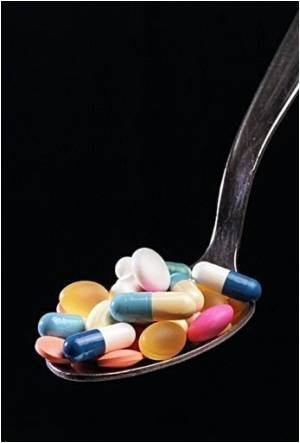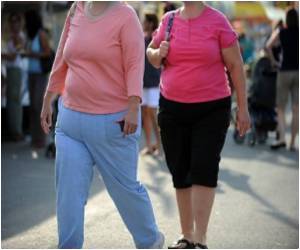High dose vitamin A supplementation in early childhood was found to reduce the risk of hearing loss from middle ear infection in adolescence and young adulthood.

A middle ear infection called chronic otitis media is responsible for most of the cases of hearing loss in children living in poverty. Chronic otitis media affects between 1.4% and 7.8% children in South East Asia. It is not known whether nutritional deficiency increases susceptibility to ear infections; evidences are scanty. Southern Asia is a land where vitamin A deficiency and hearing loss coexist, and are widely prevalent. About 45% of vitamin A deficient preschool children in the world reside here.
Vitamin A is a nutrient known to have multiple protective effects on immune system. It boosts host’s defence mechanisms by maintaining the integrity of protective linings. Vitamin A regulates immune processes and modulates oxidative stress. These mechanisms may let the nutrient control inflammatory processes that damage the ear and impair hearing. Deficiency of vitamin A disrupts the protective cover offered by mucus-secreting epithelium.
Researchers studied the effect of high dose (200 000 IU, dose was reduced in children less than 1 year) vitamin A during the preschool years on hearing loss in early adulthood. The study was conducted in Nepal; an estimated 32% of its preschool children are affected by vitamin A deficiency. Eight percent children aged 5 to 15 years in Nepal have a diagnosis of hearing loss. Loss of hearing disrupts normal activities of daily living and socialisation.
High dose vitamin A supplementation in early childhood was found to reduce the risk of hearing loss from middle ear infection in adolescence and young adulthood. The risk of hearing loss was reduced by 42% following nutrient supplementation in those who had ear discharge in childhood. Although literature over the past 80 years had suggested the protective effect of vitamin A, this could be the first study to demonstrate protection conferred by vitamin A against hearing impairment of likely infectious origin.
By regulating the host defense mechanisms, vitamin A reduces the severity of middle ear infection. The current finding is an additional public health indication for vitamin A prophylaxis. Vitamin A prophylaxis programmer has been operational in India since 1970. It was originally started with the aim of preventing blindness in children.
Reference: Vitamin A supplementation in preschool children and risk of hearing loss as adolescents and young adults in rural Nepal: randomised trial cohort follow-up study; Jane Schmitz et al; BMJ 2012;344:d7962














